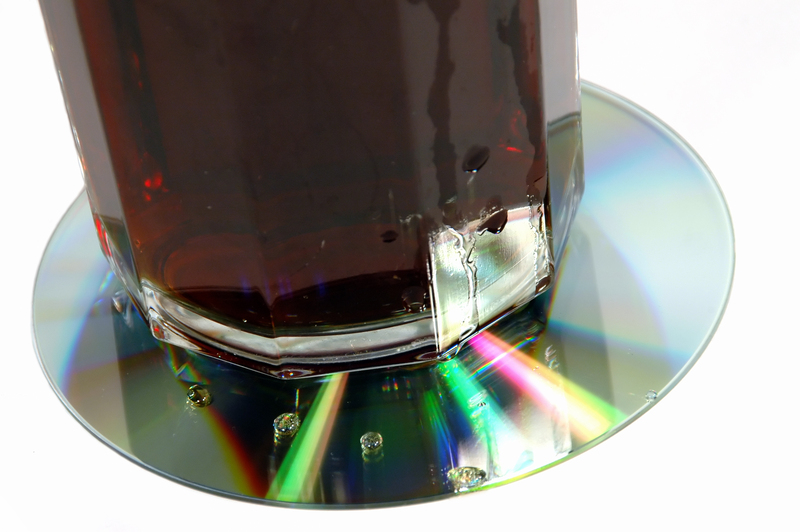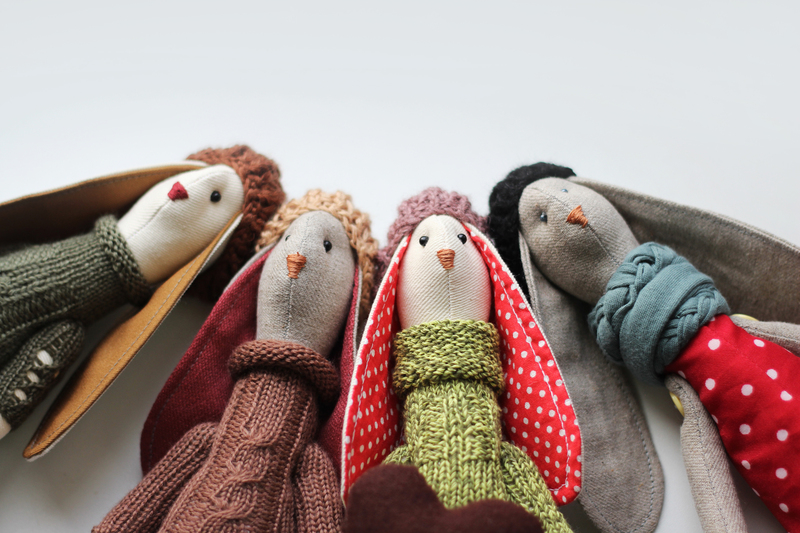Living Minimally: Key Gains
Posted on 15/01/2025
In today's world filled with material excess and exhaustive schedules, the concept of minimalism is gaining traction. Transitioning to a minimalist lifestyle not only declutters your physical space but also simplifies your mental and emotional state, bringing numerous benefits. This article delves into the key gains of living minimally and why it may be the lifestyle change you've been searching for.
Stress Reduction
One of the most immediate benefits of adopting a minimalist lifestyle is stress reduction. Cluttered environments are often correlated with heightened levels of stress. By eliminating unnecessary items and focusing on what truly matters, your living space can become a sanctuary of peace and tranquility. Less clutter equals less stress.

Financial Freedom
Living minimally also translates to better financial health. By consciously choosing to buy less and invest in high-quality, durable items, your expenses decrease significantly. This practice can lead to substantial savings, enabling you to allocate funds to experiences and investments that matter more.
Better Focus and Productivity
A clutter-free environment boosts your ability to focus and increases productivity. Rather than being distracted by myriad possessions, you can concentrate on essential tasks, leading to improved efficiency and the completion of goals. Minimalism helps you prioritize your time and activities effectively.
Environmental Impact
Minimalism is also beneficial for the environment. By reducing consumption, you lower your carbon footprint and contribute to less waste. This eco-friendly lifestyle promotes sustainability and can inspire others to consider their impact on the planet.
Enhanced Well-being
Living minimally leads to improved mental and emotional health. By removing the noise and chaos of excessive possessions, you allow yourself to focus on self-care and personal growth. This shift can lead to a more balanced and fulfilling life.
Strengthened Relationships
When you prioritize experiences over things, your relationships also benefit. Minimalism encourages spending quality time with loved ones, fostering deeper connections and creating lasting memories. Shifting your focus from material possessions to people enriches your social well-being.
Tips for Living Minimally
Embarking on a minimalist journey can be challenging, especially if you are accustomed to a life filled with material possessions. However, incorporating the following tips can help you transition more smoothly:
- Start Small: Begin with one room or area in your home. Gradually expand your minimalism efforts as you become more comfortable with the process.
- Prioritize Quality Over Quantity: Invest in high-quality items that will last, rather than quick fixes that need frequent replacing.
- Declutter Regularly: Make decluttering a regular habit. Donate, recycle, or dispose of items that no longer serve a purpose.
- Mindful Purchasing: Before making a purchase, consider if it's truly necessary and how it aligns with your values and goals.
- Emphasize Multi-functionality: Opt for items that serve multiple purposes to reduce the need for excess belongings.
Pros and Cons
Pros:
- Reduces stress and anxiety
- Saves money and encourages financial freedom
- Increases focus and productivity
- Positive environmental impact
- Improves mental and emotional well-being
- Strengthens relationships
Cons:
- Initial effort can be overwhelming
- May require lifestyle adjustment and sacrifices
- Can be misunderstood by others as extreme or austere
- Requires continual commitment to maintain

Takeaways
Transitioning to a minimalist lifestyle offers a plethora of benefits, from financial freedom and reduced stress to better focus and stronger relationships. Embracing minimalism is not just about getting rid of excess belongings, but about making mindful decisions that align with your values and life goals. While the journey may be challenging, the gains are undoubtedly worth it.
Conclusion
Living minimally is a powerful way to improve various aspects of your life. By reducing clutter, focusing on quality over quantity, and making intentional choices, you can create a life that is rich in experiences and free from unnecessary stress. The practice of minimalism encourages a sustainable lifestyle, benefits mental and emotional health, and fosters deeper connections with others. While there are some challenges, the rewards are manifold and deeply enriching.
Latest Posts
Essential Tips for Managing Organic Waste






